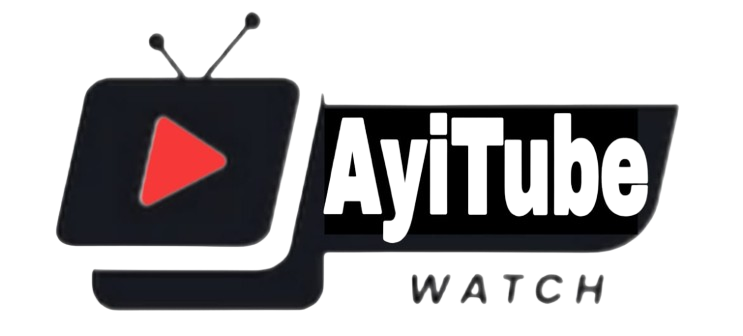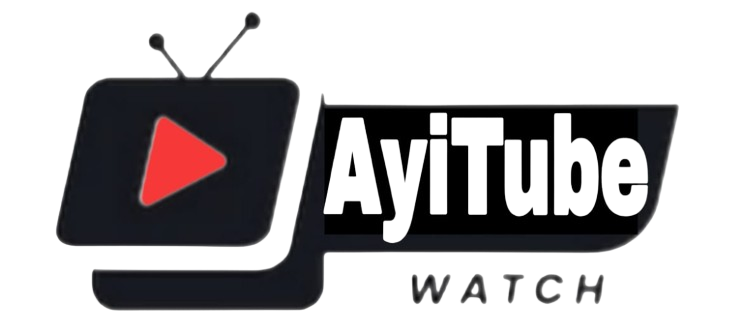Wastewater Management Equipment Germany Transforming Water Treatment Practices
Wastewater Management Equipment includes a variety of technologies and systems designed to treat and manage wastewater effectively. This equipment helps remove contaminants and pollutants from wastewater, ensuring compliance with environmental standards. The increasing focus on sustainable waste management practices is boosting the demand for advanced wastewater management solutions in Germany.
The Germany water-wastewater treatment equipment market has witnessed significant evolution over the past decade, driven by stringent environmental regulations, rising urbanization, and a growing focus on sustainable water management. Germany, known for its technological innovations and robust industrial infrastructure, has been at the forefront of adopting advanced water and wastewater treatment solutions to address both municipal and industrial water challenges. This market encompasses a wide range of equipment, including filtration units, pumps, clarifiers, chemical dosing systems, and automation solutions that collectively ensure safe, clean, and sustainable water supply and wastewater management.
Drivers of Market Growth
Several factors are driving the growth of the water-wastewater treatment equipment market in Germany. Firstly, the increasing demand for clean water in industrial and municipal sectors has created a surge in the adoption of advanced treatment technologies. Industrial sectors such as chemicals, pharmaceuticals, food and beverages, and manufacturing generate significant volumes of wastewater, necessitating efficient treatment solutions to meet environmental compliance standards.
Secondly, Germany’s commitment to environmental sustainability, aligned with the European Union’s water directives, has encouraged investments in water infrastructure upgrades. The EU Water Framework Directive mandates strict limits on water pollution, compelling municipalities and industries to deploy cutting-edge treatment equipment. This regulatory framework has not only increased demand but also spurred innovation in treatment technologies, including membrane filtration, UV disinfection, and advanced oxidation processes.
Thirdly, urbanization and population growth have put additional pressure on municipal wastewater treatment facilities. With more than 80% of Germany’s population living in urban areas, the need for modern treatment equipment capable of handling large wastewater volumes has intensified. Smart water management systems and automation technologies are increasingly being incorporated to optimize treatment processes, reduce energy consumption, and minimize operational costs.
Key Market Segments
The Germany water-wastewater treatment equipment market can be segmented into municipal and industrial sectors. In the municipal segment, the focus is on ensuring compliance with drinking water quality standards, reducing contaminants, and managing sludge efficiently. Equipment such as clarifiers, aeration systems, and filtration units are commonly employed to enhance water quality and meet regulatory guidelines.
In the industrial segment, specialized equipment tailored to handle specific wastewater characteristics is critical. Industries often deal with wastewater containing chemicals, heavy metals, or organic pollutants, which necessitate advanced treatment technologies like membrane bioreactors, chemical dosing systems, and industrial-scale filtration units. Automation and monitoring solutions are increasingly adopted to ensure consistent performance, reduce manual intervention, and improve overall efficiency.
Another important aspect of the market is the growing integration of smart water management technologies. IoT-enabled sensors, real-time monitoring systems, and predictive maintenance tools are revolutionizing wastewater treatment operations, allowing operators to detect anomalies early, optimize chemical usage, and reduce energy consumption. This integration not only enhances operational efficiency but also supports Germany’s sustainability goals by minimizing environmental impact.
Challenges in the Market
Despite the promising growth, the market faces certain challenges. High initial capital investment for advanced treatment equipment can be a barrier for small municipalities or industries with budget constraints. Additionally, managing the complexity of integrating new technologies into existing treatment infrastructure requires skilled workforce and technical expertise. Furthermore, fluctuations in regulatory standards and evolving environmental guidelines require constant adaptation of equipment and processes.
Another challenge is the proper disposal of sludge generated during wastewater treatment. While Germany has stringent regulations for sludge management, implementing cost-effective and environmentally sustainable solutions remains a critical concern for both municipal and industrial operators.
Future Outlook
The future of the Germany water-wastewater treatment equipment market looks promising, driven by ongoing technological advancements and growing environmental awareness. The shift towards energy-efficient and resource-recovering treatment technologies is expected to gain momentum. Membrane technologies, UV-based disinfection systems, and automated monitoring solutions are anticipated to witness significant adoption in the coming years.
Moreover, government initiatives promoting circular economy principles, water reuse, and energy recovery from wastewater will create additional opportunities for market expansion. Collaborative efforts between technology providers, research institutions, and municipalities are likely to drive innovation and improve operational efficiency across the sector.
Overall, the Germany water-wastewater treatment equipment market is positioned for steady growth, with increasing emphasis on sustainability, regulatory compliance, and technological innovation shaping its trajectory.
FAQs
1. What are the major factors driving the water-wastewater treatment equipment market in Germany?
The key drivers include stringent environmental regulations, rising urbanization, increased industrial wastewater generation, and the growing adoption of smart and energy-efficient treatment technologies.
2. Which industries contribute most to the demand for wastewater treatment equipment in Germany?
Industries such as chemicals, pharmaceuticals, food and beverage, and manufacturing are major contributors due to the large volumes of wastewater they generate and the need for compliance with environmental standards.
3. What are the future trends in Germany’s water-wastewater treatment equipment market?
Future trends include the adoption of membrane filtration, UV disinfection, IoT-based monitoring systems, energy-efficient solutions, and increased focus on water reuse and circular economy initiatives.
Packaged Water Treatment System Market Size
- Art
- Causes
- Crafts
- Dance
- Drinks
- Film
- Fitness
- Food
- Jogos
- Gardening
- Health
- Início
- Literature
- Music
- Networking
- Outro
- Party
- Religion
- Shopping
- Sports
- Theater
- Wellness


